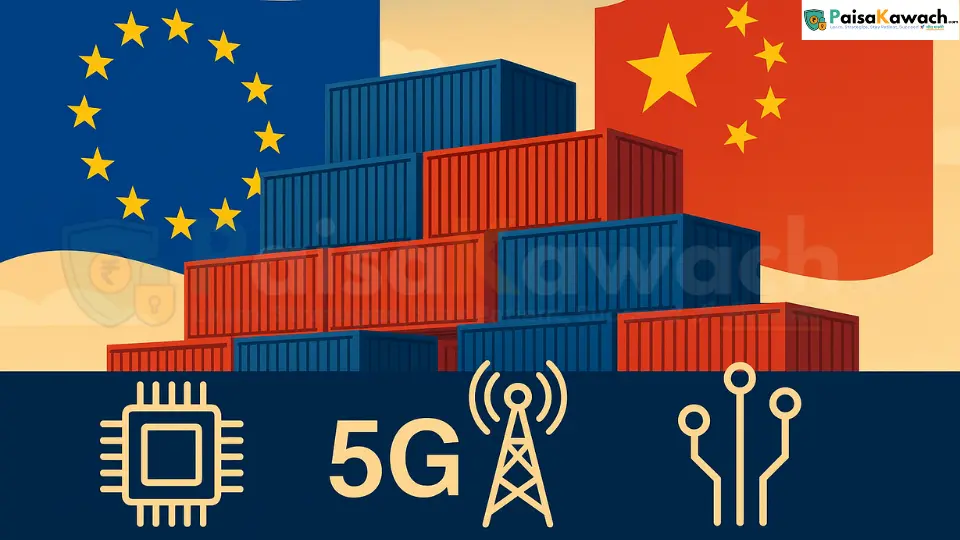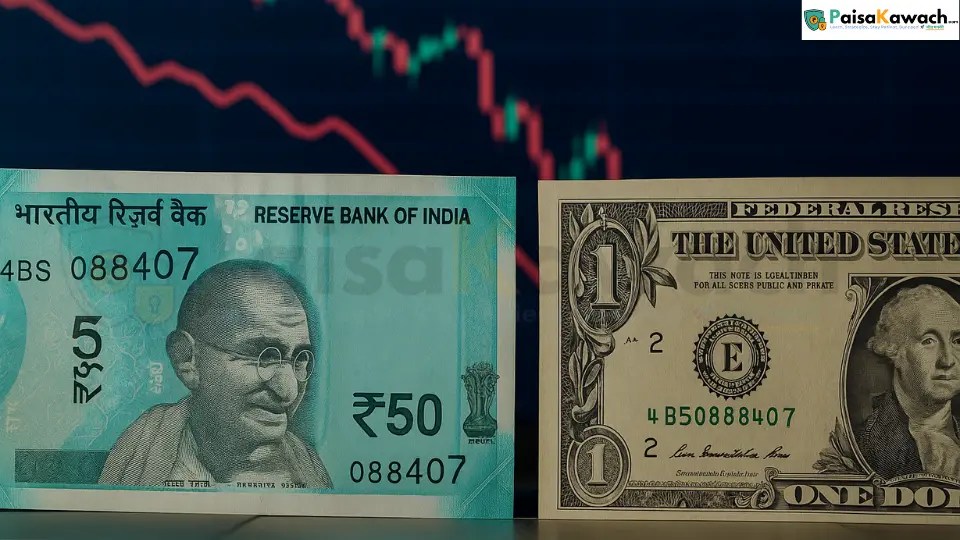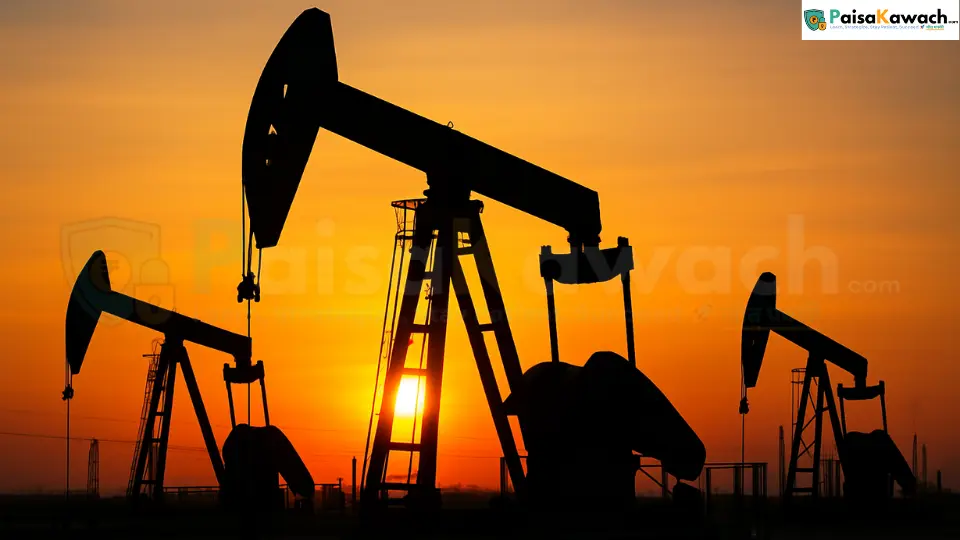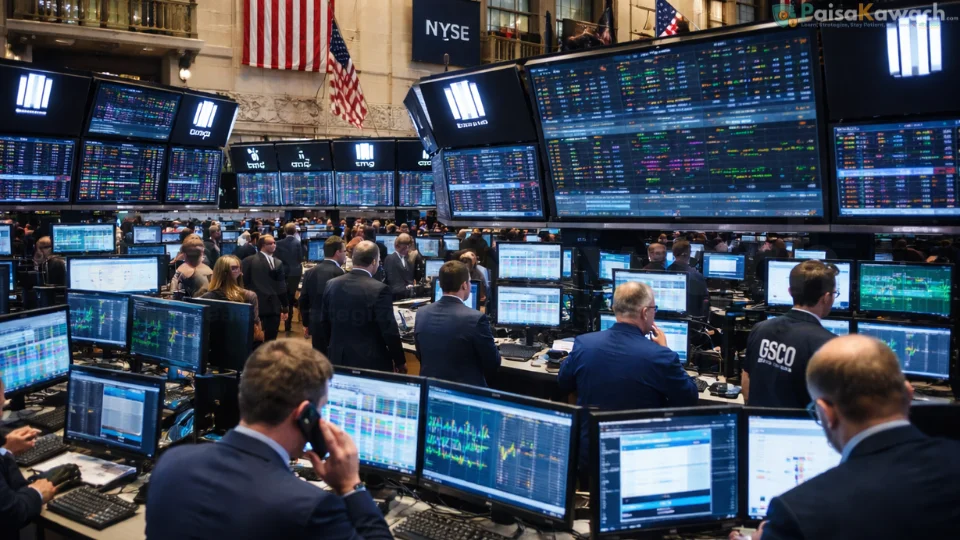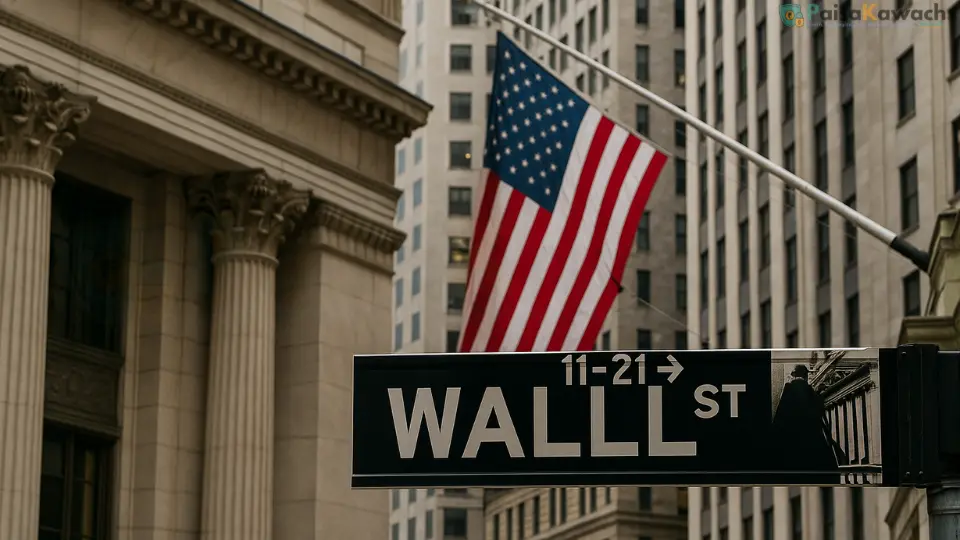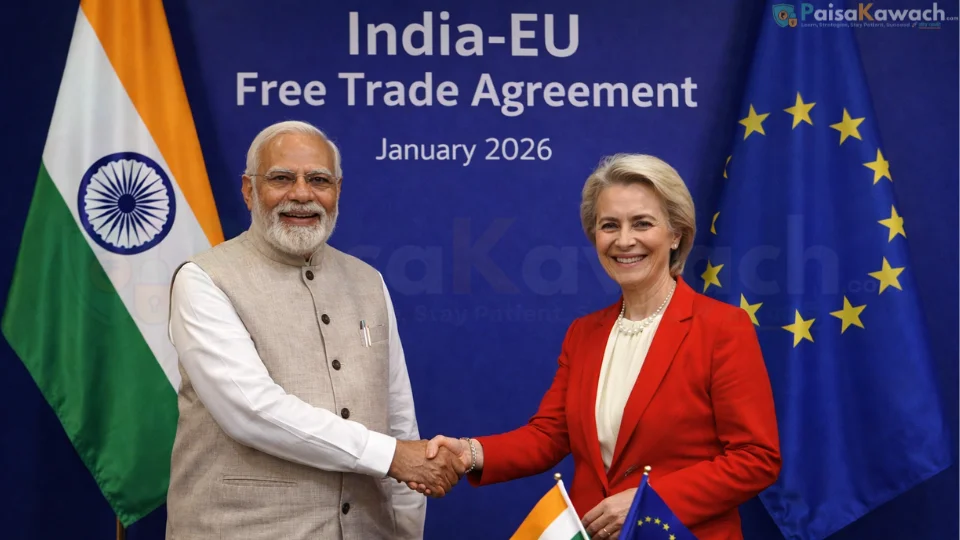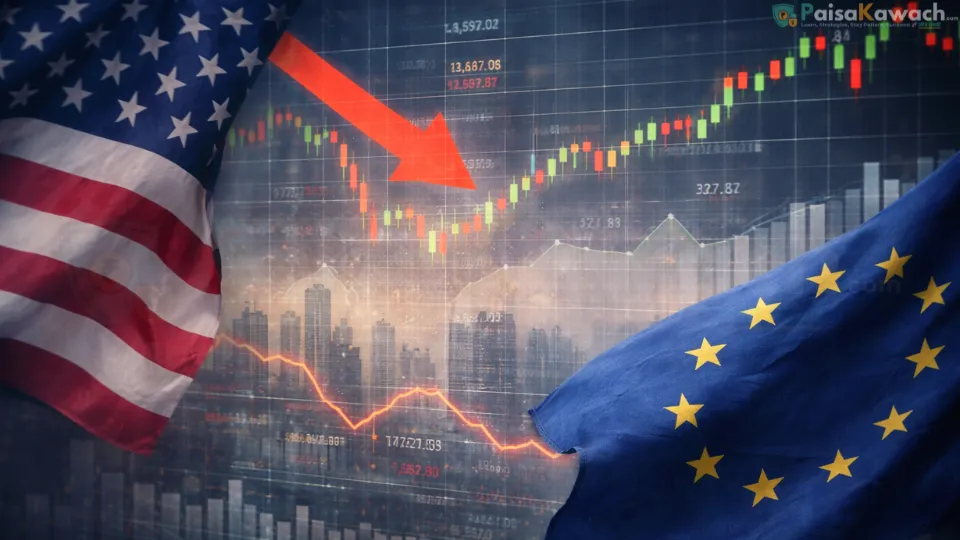The European Union is reassessing its relationship with China as economic headwinds and political uncertainties redefine global trade dynamics. European Commission President Ursula von der Leyen recently warned that EU–China relations have reached a “turning point,” signaling that Brussels may adopt a more guarded, strategic stance toward Beijing.
Key Reasons Behind the Reassessment
This policy shift is fueled by multiple factors—ranging from trade deficits to growing dependence on Chinese technology and infrastructure. Analysts point out that supply chain vulnerabilities exposed during the pandemic, along with ongoing geopolitical conflicts, have pushed EU leaders to strengthen economic independence.
- Heightened scrutiny of technology exports and cybersecurity risks.
- Concerns about China’s expanding role in Europe’s infrastructure and manufacturing sectors.
- Calls from strategic allies like the U.S. to coordinate trade and security policies.
What EU Leaders Are Saying
Impact on Trade and High-Tech Industries
Brussels is considering tighter regulations to limit reliance on Chinese imports, particularly in sectors like semiconductors, telecommunications, and rare earth materials. These measures could have a ripple effect on global trade routes and foreign investment flows.
Economic and Industrial Adjustments
European manufacturers, especially in the automotive and electronics industries, are being encouraged to diversify their supply chains. While this may cause short-term disruptions, experts believe it will lead to greater resilience and competitiveness in the long term.
How Beijing and the World Are Reacting
China has called for “mutual trust and cooperation” in response to Europe’s policy review. Meanwhile, analysts worldwide are observing how these developments might reshape EU–U.S. alliances and future negotiations across the Asia-Pacific region.
The Road Ahead
The EU’s recalibration of its China strategy may mark the beginning of a decade-defining foreign policy shift. Upcoming months are expected to bring new initiatives focused on safeguarding technology sectors, boosting supply chain independence, and reinforcing European strategic autonomy.

